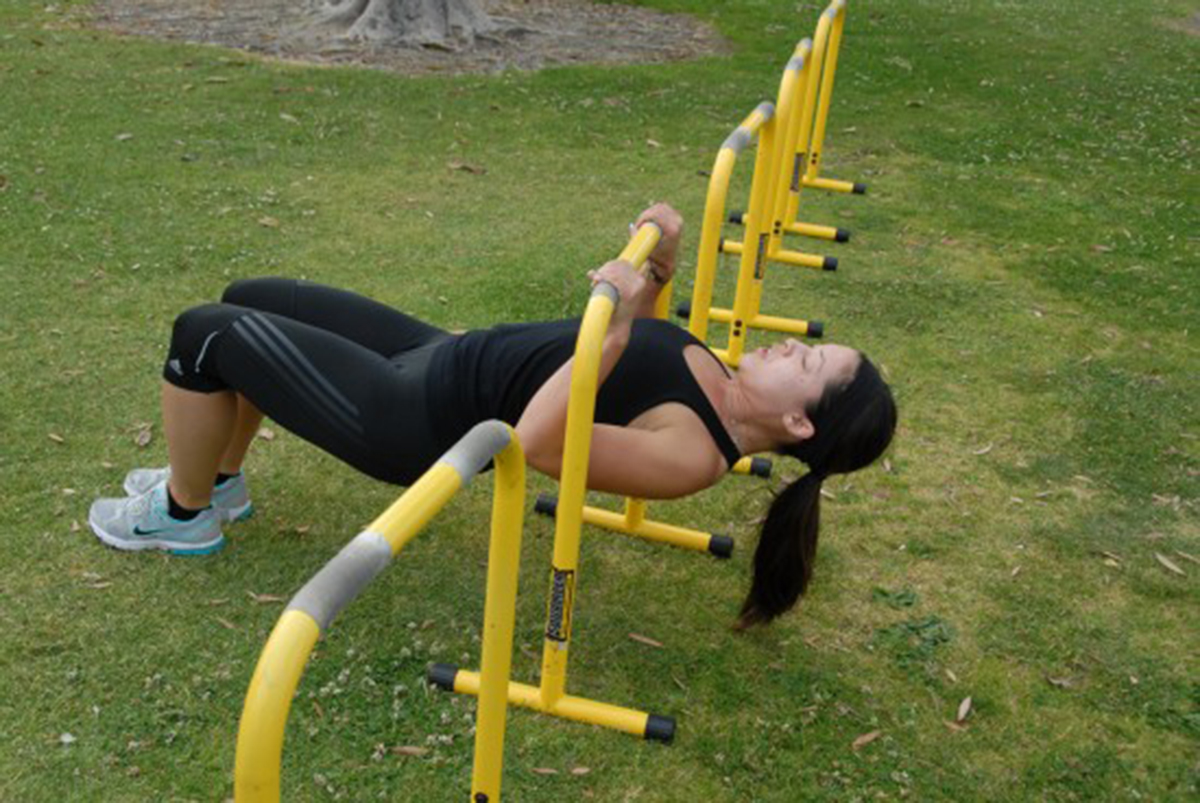Table of Contents
Well, that’s true, but watch out for training that falls between two posts. If you train intensely enough to exhaust your body’s energy systems but not intensely enough to trigger the production of new muscle and to cause your endocrine system to produce more testosterone and other key endocrine protectors you’ll drive your cortisol serum count up, and eventually you’ll be training while entirely depleted. Training from exhaustion isn't a good thing!

Rather than doing more of the same thing, maybe you need to try doing things differently
Try working up to more intense sessions – not more time at the gym but more intense sessions, lifting heavier or doing more sprints and less distance work if you’re a runner – over the course of four to five weeks. As you reach the point where you’re questioning your ability to continue training that hard, stop for a week. Track your training volume, intensity, and recovery duration to ensure you are not consistently overexerting yourself.
On the whole you need to spend less time detraining than you do training. A week off every month to six weeks is a good figure, though. During that period, you’ll still have a lot of the adaptive stresses of training but you won’t have the stress of actually going to the gym, so you’ll gain some muscle, your soft tissue quality will improve and you’ll feel more energetic. Then you can take that energy back into the gym and see some real progress!
Listen to your body
"Listening to your body" is like having a conversation with yourself! It's all about paying attention to what your body is telling you. Notice how you're feeling physically – any aches, pains, or discomforts? Check out your energy levels throughout the day – if you're always feeling exhausted or suddenly drained, it might be a sign that you need more rest or better nutrition.
Pay attention to when you're hungry and when you're feeling full. Eating when you're hungry and stopping when you're satisfied can keep your relationship with food on point. Also, take notice of your emotions – give them some love and find healthy ways to handle them.
Don't forget to get a handle on your sleep! Make sure you're getting good quality sleep because it's super important for your overall well-being. And how about that exercise? Feel the burn, but don't ignore your body's signals. Know when to take a break or switch up your routine.
Keep tabs on your digestion too – any changes there might mean something's up. Oh, and stress! It can mess with your mind and body, so make sure to chill out and relax when you need it.
Stay hydrated by drinking when you're thirsty – simple as that. And if you're feeling any pain or injury, listen up and give yourself the time and care you need to heal up.
Try to schedule a week off every four to six weeks
It doesn't have to be entirely off, but send it doing exercises you don’t normally do that stress different energy systems. Your detraining week is a good time to deliberately relax, or to play around; play some basketball, go climbing with your kids, take a walk. It’s not ‘exercise,’ but it will help keep your body ticking over and improve the rate at which the rest benefits you.
Using this period to use visualization techniques to improve your technique in your lifts or your sport, or to visualize yourself running further or faster than ever before, is a good use of this time. Remember to rest when you rest, though – after a few days, you might start feeling like there’s more in the tank, or getting restless. That’s a good thing! Let that feeling build; you’re feeling your body recover, come back stronger and ask you for something to do.
The benefits of periodizing your training include:
- Improved performance: By systematically manipulating training variables, periodization helps athletes achieve peak performance at the right time.
- Reduced risk of overtraining: Periodization allows for appropriate recovery periods, reducing the risk of overuse injuries and burnout.
- Continuous progress: By constantly challenging the body with varying stimuli, athletes can experience continuous improvement and avoid plateaus.
- Enhanced adaptability: Periodization prepares the body for various physical demands, making it more adaptable to changing training requirements.
Read More: Does Over-Training Exist?
Take it back to the gym and give it something!
Use your detraining periods to power a return to training that’s more intense. The single thing most training programs have in common is a lack of intensity. You wouldn't hammer a nail in by leaning on it constantly; hit it and move the hammer back for another blow.
- Mindmap by steadyhealth.com
- Photo courtesy of Port of San Diego by Flickr : www.flickr.com/photos/portofsandiego/7244624242


Your thoughts on this